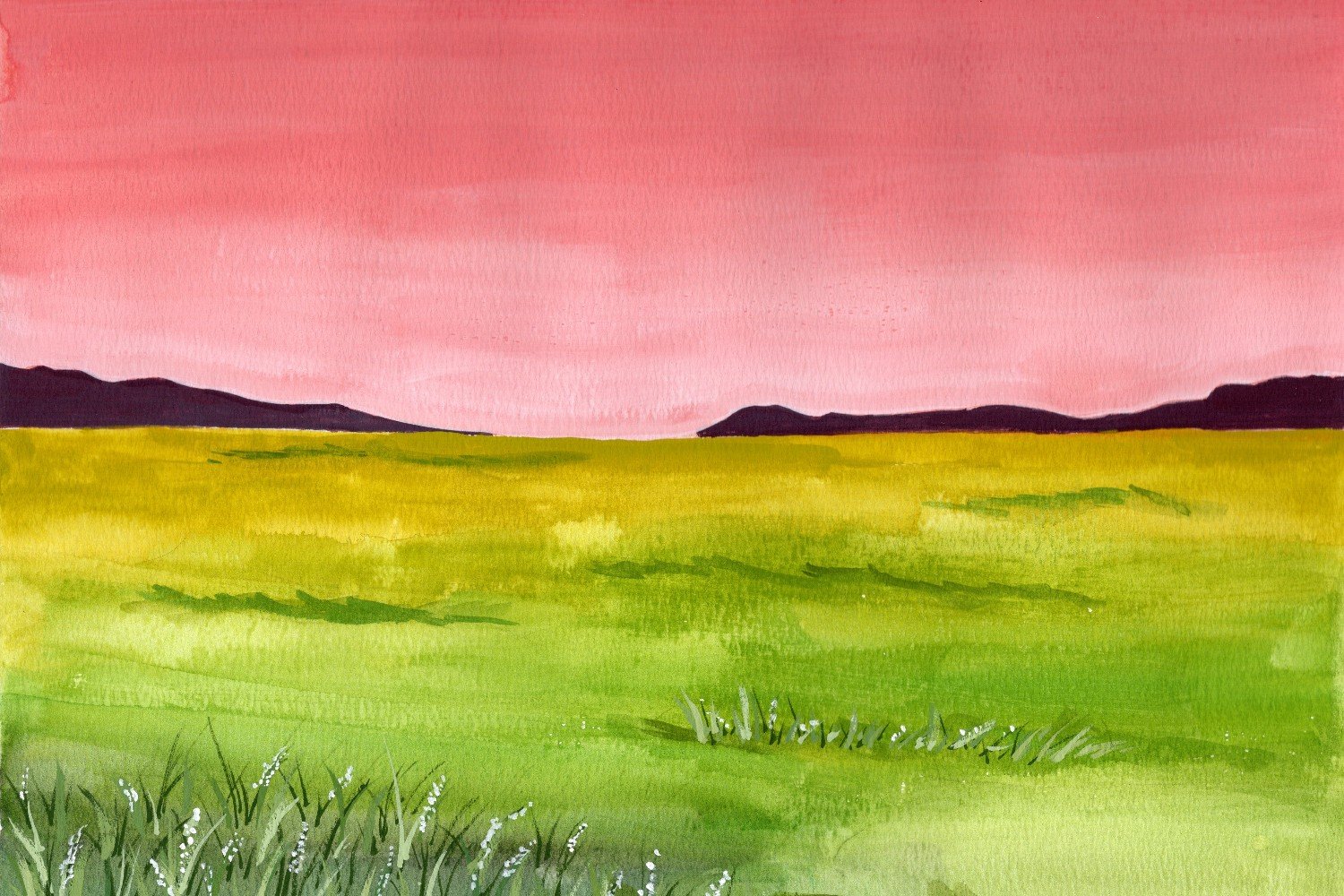How Listening to My Emotions Opened Up My Writing Voice
Photo by Sixteen Miles Out on Unsplash
I've been experimenting with my writing for over two years now. I began posting more consistently in 2020 with a series on overcoming "writer's block," although it's more like writing anxiety. The anxiety has gotten better but not completely gone, which is obvious considering how often it has been a blog topic for me. I still worry about what people would think. I worry if my work is good enough. I worry about where I'm going and why I'm moving so slowly. When I have anxiety, the words would come out slow and stilted and take many rewrites and edits to streamline. I know what it's like to write without anxiety since I do it when I write to others in my community forums. This isn't it.
I've been working with a Chinese medicine doctor through all this time. From a Chinese medicine perspective, my anxiety looks like my energy is used for protection. My energy goes to the body's periphery, like arms, legs, and skin — anxiety feels like a constant vibration underneath the skin. There's a kind of hyper-vigilance that looks out for external threats at all times. When energy is being used to remain vigilant, less of it is available for other uses, like daily living and achieving goals. At the same time, it becomes harder to bring it inward to recharge since the focus is outward. So the work I've been doing with my doctor has been about moving energy into the core.
I bring this up because this explanation was somewhat abstract for me until recently. I understood it intellectually, but I didn't know how to stop fearing other people's judgment. For most of my life, I've learned to hide my feelings from others unless I know they're safe to share with, and just putting my thoughts out there where anyone could read brought up deep fears. Plus, I'm working toward writing for a living, which came with its own set of pressures and expectations.
I've been working through these anxieties since I started this blog, so it's been an ongoing process. There were periods of clarity when I'd think I'd overcome them, only to fall back in the pit again.
In between those moments, I tended to avoid my emotions and distance myself from the pain, heartache, disappointment, overwhelm, and helplessness that came with following a unique path and also trying to live my life amid massive cultural and political shifts and a global pandemic. But also all the uncomfortable feelings that can come with being human and relating with other imperfect humans. Emotional distancing was how I learned to manage the inner turmoil I didn't know how to deal with.
I didn't realize how much that emotional distance showed up in my writing until one time I asked Tex to review one of my essays. He said I wrote about things that were emotional but skimmed over the feelings. I didn't like hearing that, but I did want to fix it. So I asked Tex to show me what he meant.
We went line by line as he pointed out where I described poignant events as if reporting on the weather. I fixed them and made that essay better, but including my emotions in my writing still didn't come easy.
I took a journaling course back in January, and I've been journaling almost daily since then. My journaling practice before that was infrequent, and sometimes a month or two would go between entries. Journaling daily brought me closer to my emotions. Instead of stewing on my feelings, suppressing them, or running away from them, I began to use my journal to work through them. I’d write down my feeling and then keep writing, letting the feelings sort themselves out on the page. It was often just as helpful as talking to someone about them. Writing down my fears, doubts, and questions also seemed to reduce the mental looping.
A couple of months into this practice, I came down with Covid. Physically, it was a mild case, but emotionally, I felt weighed down by my most profound disappointments. I’d been working on this writing thing for 2-3 years and still couldn’t see where I was going or how to get there. I’d perfected the art of following the well-tread paths of academics and jobs, but my heart craved the more experimental paths. But the uncertainty that came with experimentation terrified and frustrated me. I realized I'd been trying to apply the tools from those linear paths to this one, tools like comparison and matching expectations. Not only did they not work, they made the path more difficult to walk.
My deepest fear was that maybe I was not cut out for this. Maybe I'd never be good enough for what I want to do. I tended to run away from that fear in my heart and keep going, but that didn’t make it go away. It just made it unconscious.
I don't know about anybody else, but being sick often makes me confront the emotions I'd been avoiding. I journaled about it at first, but it didn't make me feel better to get it out. So between being too tired to work or do much else, I sat on the sofa playing video games for a few days.
As I recovered, I noticed that my heart and mind began to feel lighter. Ideas started flowing again, and when I sat down to write, sharing my thoughts came more easily. The words came out of me with less effort and overthinking, and they came with all of the passion and inspiration I’d been missing for months. I felt more like myself again.
I'm starting to understand. I've had this sense of emotional integration after a good cry at a therapy session or a psychedelic trip that gave me insights into myself, but the shell around my heart would build up again after a while. I think that shell is created by avoiding the more uncomfortable emotions, which allows me to stop feeling them. But I'm learning that I can't just detach and suppress those uncomfortable emotions anymore because it also shuts off the good feelings — joy, intimacy, passion, and inspiration.
So I want to stay open to my feelings, comfortable or not. It means checking in daily via journaling so that I'm conscious of how I feel. It means addressing things that bother me instead of pretending like nothing's wrong. It means letting myself feel my anger, frustration, sadness, disappointment, fear — the whole gamut — and addressing what they tell me. Sometimes I have fears to work through. Sometimes a boundary needs to be set. Sometimes I need to apologize. Sometimes I need to adjust my expectations.
It's taken a while, but I may be seeing the light at the end of the tunnel of this anxiety thing. Accepting my emotions doesn't make the fears go away, but I'm addressing them more quickly instead of letting them paralyze me. I’ve been feeling more myself and more whole.
Thanks for reading! I’d love to hear what you thought of it. Feel free to comment below or on my social media accounts.
If you enjoyed this piece, please consider making a contribution so I can spend more time writing. Your support is greatly appreciated. ❤️






























